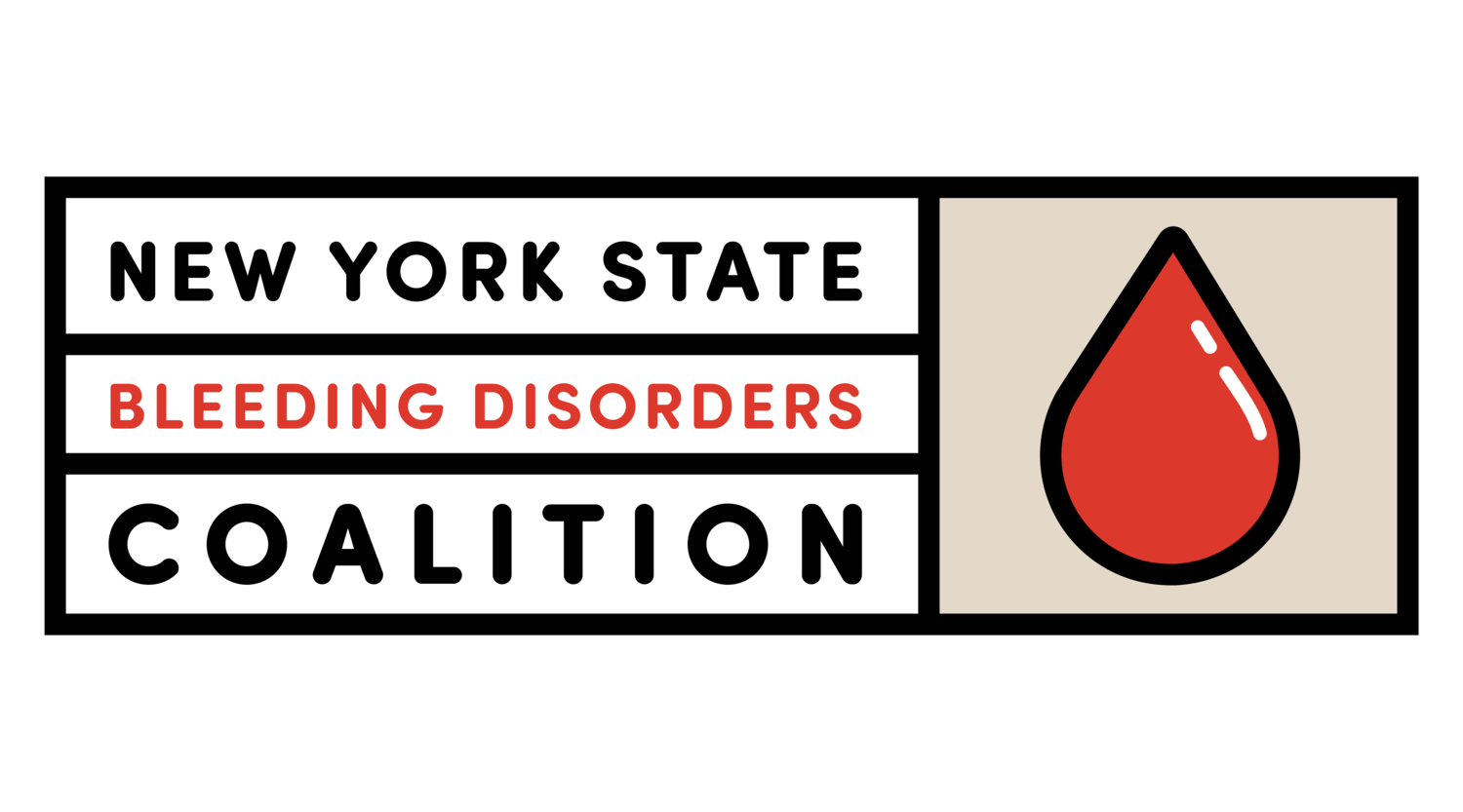Step therapy
the issue
Step therapy is a utilization management practice in which health plans or Pharmacy Benefit Managers (PBMs) mandate patients try less expensive medication options before "stepping up" to more expensive medications if necessary. Step therapy is also known as “fail first” because patients must fail on the mandated medication before the patient can receive the doctor-prescribed medication. For people with bleeding disorders, failing on a medication could lead to spontaneous and uncontrolled bleeding into joints, muscles, or other organs, potentially causing permanent damage, chronic pain, or even life-threatening emergencies.
A 2021 Tufts University study of the 17 largest commercial payers found 38.9% of policies had step therapy, 55.6% of step therapy rules were more strict than clinical guidelines, and 33.4% of the time patients were required to step up through more than one medication. Step therapy was found in 77.3% of health insurance policies for people with complex, chronic diseases like multiple sclerosis and hepatitis C.
PROPOSED SOLUTIONS
The following three bills protect patients and balance cost concerns with medical principles, while still allowing health plans and PBMs to apply step therapy:
S.1267 (Breslin) / A.901 (McDonald) Passed Senate; currently in Assembly Insurance Committee - Limits when and how step therapy can be used, creating reasonable guardrails.
Passage of this bill would mean:
Patients can’t be required to try an off-label medication.
Patients can’t be required to try and fail on more than one medication.
Patients can’t be required to try a medication for more than 30 days.
Patients can’t be required to try and fail on a medication if they were already covered for a doctor prescribed medication in the preceding year.
Patients can’t be required to try a medication if they already failed on it (even on a different plan).
Patients can’t be forced to try other medications if they’re already taking a covered medication and a plan/PBM changes their formulary.
Plans/PBMs must accept letters of medical necessity from a prescribing doctor.
Step therapy overrides granted by a plan/PBM must be honored for 12 months.
If a plan/PBM fails to follow these guardrails it constitutes grounds for the patient to receive an automatic override of a step therapy ruling.
S.2677(Breslin)/A.463(McDonald) - Requires patients be notified of adverse step determinations and how to appeal, helping them understand their options if they receive a denial. Currently in both the Senate & Assembly Insurance Committees.
S.2800(Breslin)/A.1384(McDonald) - Requires payers to report details of step therapy use to the Dept. of Financial Services, providing data on the use and impact of step therapy. Currently in both the Senate & Assembly Insurance Committees.

